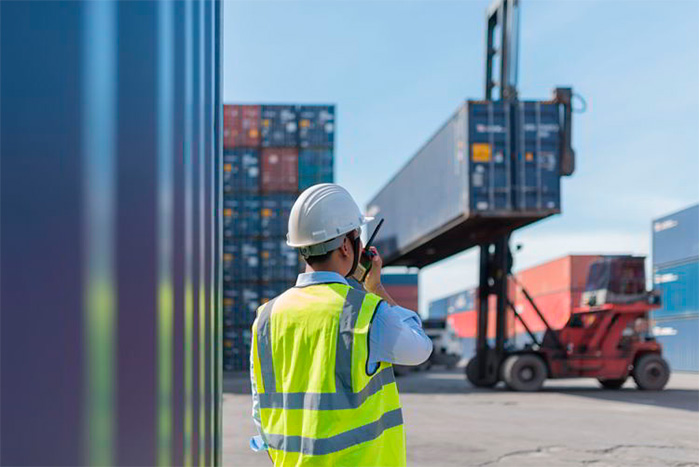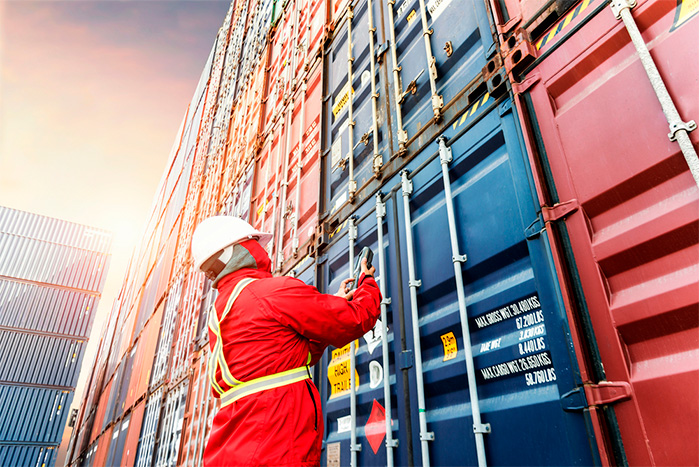In international trade, one of the main challenges for businesses looking to import products is complying with customs requirements. These are the rules set by each country’s customs authority to regulate goods entering their borders. Non-compliance can lead to costly delays, fines, or even product confiscation. To avoid these issues and ensure a smooth import process, many companies turn to import service providers.

What Are Customs Requirements?
Customs requirements include the regulations and processes needed to legally bring goods into a country. These vary depending on the product type, its origin, final destination, and each nation’s trade policies. Common requirements include:
- Documentation: Commercial invoices, certificates of origin, health or phytosanitary permits, and more.
- Tariff Classification: Correctly assigning the tariff for specific products entering a country.
- Import Permits: Some products require specific permits or licenses.
- Compliance with Regulations: Safety standards, quality requirements, labeling, and packaging standards.
- Tax and Duty Payments: Each country applies specific taxes and duties on imported goods.
Meeting these customs requirements is essential to avoid delays or legal issues at customs. However, many companies find handling these complex regulations overwhelming, especially if they are new to the process. An import service company can make a significant difference in simplifying this process.
Why Is It Important to Meet Customs Requirements?
Meeting customs requirements is crucial for several reasons:
- Avoiding Delays: If documentation or permits are incomplete, goods can be held at customs for days or even weeks, disrupting the supply chain and delaying deliveries, which may lead to financial losses.
- Preventing Fines and Penalties: Failure to meet requirements can result in significant fines or penalties imposed by customs authorities. In severe cases, products may be confiscated or returned to the country of origin, causing total loss of investment.
- Ensuring Legal Entry of Products: Some products cannot enter a country without meeting specific standards, such as health or phytosanitary permits. Non-compliance with these requirements prevents legal entry.
- Protecting Company Reputation: Customs issues can harm a company’s reputation, as clients may view non-compliance as a sign of inefficiency or poor management.
5 Advantages of Working with an Import Service Provider
An effective solution to avoid issues and meet customs requirements is to work with an import service provider. These companies, specializing in international trade, handle the entire import process, from documentation to duty payment. Here are some of the key benefits:
- Expert Knowledge in Customs Regulations
An import service provider employs experts who stay up-to-date with the latest customs requirements. This is especially important since regulations can change over time, making it difficult for companies not solely focused on importing to keep track. By delegating this process, you ensure that all documents and procedures meet current regulations, avoiding unnecessary fines or delays. - Lower Operational Costs
Many companies assume that managing imports themselves is more cost-effective, but this can lead to costly errors if they lack the necessary expertise. Mistakes in customs compliance can result in fines and delays, leading to higher expenses. Import service providers often have agreements with shippers and customs agents, reducing logistics costs. - Saving Time and Resources
The import process is lengthy and requires meticulous attention to detail. An import service provider manages all customs requirements, allowing companies to focus on their core business without reallocating resources to handle logistics. - Comprehensive Advisory Services
Import service providers don’t just handle customs—they also offer advisory services on international trade, helping businesses streamline logistics and improve their supply chain. This includes guidance on efficient shipping routes and meeting international standards. - Risk Minimization
A significant advantage of working with an import service provider is risk reduction. Compliance errors can lead to fines or confiscations, but a specialized provider ensures that all aspects are handled correctly, minimizing potential issues at customs.

What Problems Can You Avoid by Meeting Customs Requirements?
Having all customs requirements in order helps avoid common import problems. Issues you can prevent include:
- Goods Held at Customs: With accurate documentation and permits, goods move smoothly through customs without delays.
- Confiscation or Returns: Non-compliant products risk confiscation or return, resulting in significant financial losses. Proper compliance reduces this risk.
- Additional Costs: Fines, penalties, and delays can raise import costs. Having all documents and standards in place helps avoid these extra expenses.
- Legal Issues: In some cases, failure to meet customs requirements can lead to legal complications, particularly if products are subject to strict regulations.
When Should You Contact an Import Service Provider?
If your company is planning to start importing products or is already importing but struggling with customs requirements, it is wise to contact an import service provider. These companies offer customized solutions, ensuring that every step of the import process is handled efficiently and correctly.

Working with an import service provider helps you avoid common challenges in international trade, ensuring your company complies with all necessary regulations. This not only saves time and resources but also ensures your products reach their destination without issues.
Meeting customs requirements is essential for any business involved in international trade. To ensure compliance and avoid complications, working with an import service provider is a smart and effective choice. Not only will this optimize your import process, but it will also ensure your products enter the country smoothly, saving costs and resources in the long run.
